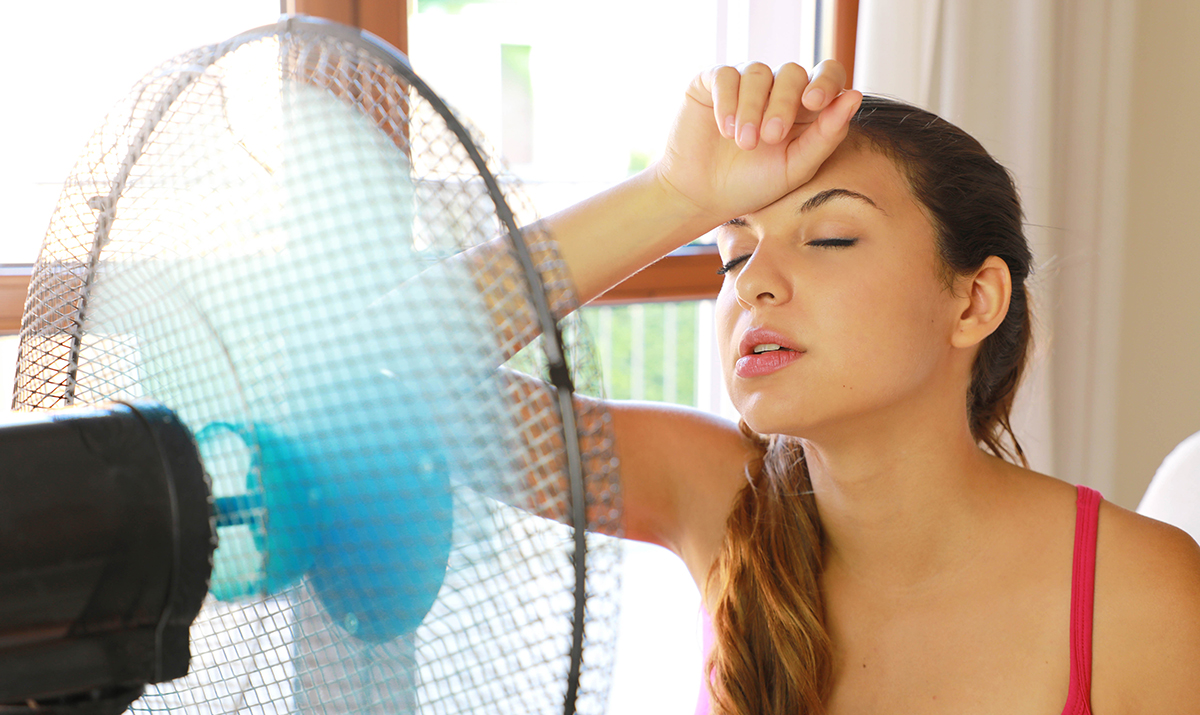
Bigger Is Not Always Better

“It’s not the heat, it’s the humidity.”
That’s a common phrase we’ve all probably heard at one time or another. Now that the temperatures are going up, homeowners everywhere are turning on their air conditioning systems to beat the heat. For too many, though, they’re still uncomfortable even with the air conditioning running. This discomfort causes many homeowners to think they need to replace their existing air conditioner with a bigger one. If given the option of replacing their air conditioner with one of the same size, or the next larger size at the same cost, the majority of homeowners will choose the latter.
But bigger is not always better when it comes to the size of the air conditioner for your home. The experts at Energy Star tell us that, “In reality, a system that’s too large will not keep your home comfortable because of frequent on/off cycling.” Frequent on/off cycling has a direct impact on the relative humidity in your home. That’s part of the reason why our favorite saying about humidity has gotten so popular: oversized air conditioners can actually make it worse.
When sizing an air conditioner, it’s very important to understand its sensible and latent capacities. One simple way to understand the two types of capacity is to think of boiling water. Put a pot of water on the stove and turn on the burner. The burner represents “sensible” heat. It’s the heat that you can feel and measure. It’s what causes your thermostat to tell the air conditioner to turn on or off. If you have the thermostat set at 74 degrees and the temperature at the thermostat rises above that, then the air conditioner will turn on and run until it lowers the temperature to 74 degrees (your set point). Once the temperature at the thermostat reaches the set point, the air conditioner turns off.
As the water in the pot begins to boil, the water turns to vapor releasing moisture into the air. The moisture in the air relates to your air conditioner’s “latent” capacity, or it’s ability to remove moisture from the air. While running, an air conditioner will help to remove moisture from the air in your home, much like a dehumidifier, but there’s a big difference between the two. The run times of an air conditioner are determined by the temperature at the thermostat (sensible cooling), whereas, the run times of a dehumidifier are determined by the relative humidity of the air (latent cooling). Because an air conditioner’s primary function is to maintain the set point, an oversized air conditioner will return the temperature to the set point too quickly and turn off before running long enough to remove enough moisture from the air. This results in high relative humidity levels, making you uncomfortable, in which you lower the set point at the thermostat. This increases your energy costs and could lead to condensation issues.
The organization ACCA (Air Conditioning Contractors of America) states that “the contractor shall ensure that the heat loss/heat gain calculations are performed for the HVAC system installations/replacements.”
Unfortunately, as per the pros at Advanced Energy, “Field studies show that air conditioners are, on average, being oversized from 24% to over 100%. This means contractors are not fulfilling their responsibilities and providing homeowners the optimal level of comfort they’re entitled to and should expect.
In short, if you find yourself thinking, “I need a bigger air conditioner,” because you’re just not comfortable, then try to recall the difference between sensible and latent capacity. Take a step back and have a heating and air conditioning contractor perform a complete analysis of your system, including heat loss/heat gain calculations. Make sure you hold your HVAC contractor accountable for properly sizing your air conditioning system; only then will you know whether bigger is, in fact, better.
CHARLOTTESVILLE AND SURROUNDING AREAS Albemarle County | Fluvanna County | Louisa County | Nelson County | Augusta County | Madison County | Greene County | Orange County











